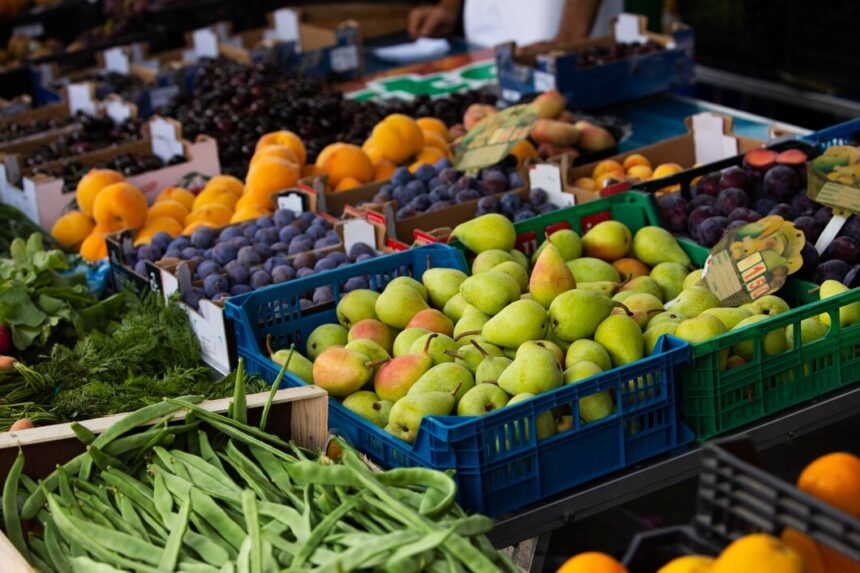Agricultural cooperatives play a crucial role in empowering farmers, enhancing market access, and promoting sustainable agricultural practices in South Africa. These cooperative structures enable small-scale farmers to pool resources, share knowledge, and collectively address challenges. Here are ten ways farmers can leverage agricultural cooperatives for mutual benefit and growth:
1. Access to Markets:
Agricultural cooperatives provide collective bargaining power, allowing members to negotiate better prices and access larger markets than individual farmers could achieve independently. Cooperatives can establish relationships with retailers, processors, and export markets, enhancing market opportunities for their produce.
2. Shared Resources and Inputs:
Cooperatives facilitate bulk purchasing of agricultural inputs such as seeds, fertilizers, and equipment at discounted rates. By pooling resources, members benefit from economies of scale, lower costs, and improved access to quality inputs.
3. Technical Assistance and Training:
Cooperative members can access training programs, workshops, and technical assistance on modern farming techniques, sustainable practices, and compliance with regulatory standards. Shared knowledge enhances productivity, improves crop quality, and ensures environmental stewardship.
4. Risk Management:
Cooperatives provide mechanisms for risk-sharing among members, particularly in volatile agricultural markets or during natural disasters. Collective insurance schemes, disaster preparedness plans, and savings programs mitigate individual financial risks.
5. Value Addition and Processing:
Cooperatives enable value addition through collective processing, packaging, and branding of agricultural products. This adds market value, extends shelf life, and opens opportunities for premium pricing in domestic and international markets.
6. Access to Finance and Credit:
Agricultural cooperatives can facilitate access to credit and financing opportunities for members who may have limited collateral or credit history. Cooperative structures provide a platform for securing loans, grants, or subsidies to invest in farm infrastructure or expansion.
7. Policy Advocacy and Representation:
Cooperatives advocate for members’ interests at local, regional, and national levels, influencing agricultural policies and regulations. Collective advocacy strengthens farmers’ voices, addresses systemic challenges, and promotes supportive policy environments.
8. Economic Empowerment and Income Generation:
Cooperative enterprises contribute to economic empowerment by distributing profits equitably among members. By collectively marketing and selling produce, farmers enhance income stability and livelihood resilience.
9. Environmental Sustainability:
Cooperatives promote sustainable farming practices such as organic farming, agroecology, and soil conservation. Shared environmental stewardship initiatives reduce ecological footprints, preserve natural resources, and promote biodiversity conservation.
10. Community Development and Social Impact:
Agricultural cooperatives foster community cohesion and social capital by promoting inclusive growth and equitable development. They create opportunities for marginalized groups, women, and youth to participate in agricultural value chains and improve livelihoods.
Agricultural cooperatives are instrumental in South Africa’s agricultural transformation, empowering farmers, promoting inclusive growth, and advancing sustainable development goals. By leveraging cooperative principles of collaboration, solidarity, and collective action, farmers can overcome challenges, access new markets, and build resilient agricultural enterprises. Cooperative success hinges on effective governance, transparent management, and continuous capacity building, ensuring long-term prosperity for rural communities and the agricultural sector as a whole.
Join 'Farmers Mag' WhatsApp Channel
Get the latest Farming news and tips delivered straight to your WhatsApp
CLICK HERE TO JOIN






